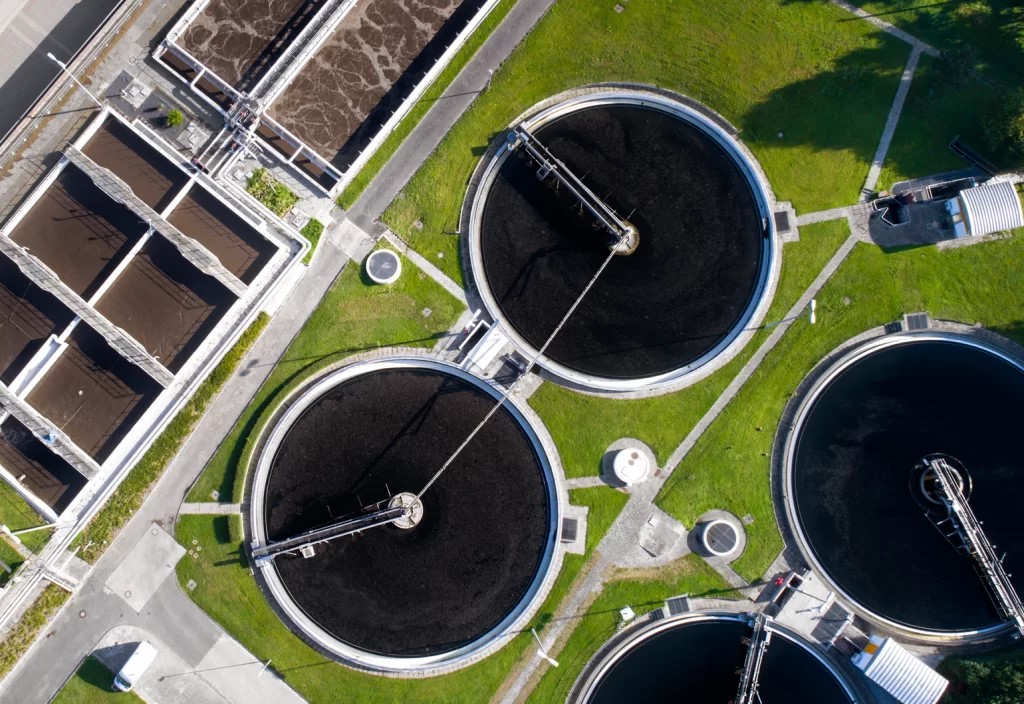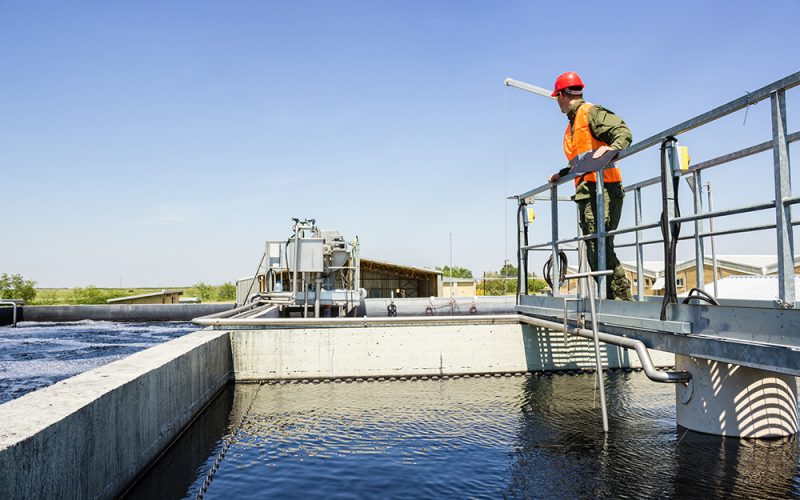
As India continues to experience rapid industrialization and economic growth, the demand for reliable and high-quality water resources has become increasingly critical. Industrial operations across a diverse array of sectors, from manufacturing and production to mining and energy, are heavily reliant on consistent access to water. Ensuring adequate water storage capacities is therefore a pressing challenge that must be addressed to sustain India’s industrial development and competitiveness in the global marketplace.
The Importance of Reliable Water Storage for Industrial Operations
Industries in India require large volumes of water for a variety of mission-critical functions, including process cooling, steam generation, equipment cleaning, and worker sanitation. Disruptions in water supply can have severe consequences, leading to production delays, equipment damage, and even the temporary shutdown of facilities. This underscores the vital importance of implementing robust water storage solutions that can buffer against fluctuations in water availability.
Moreover, the quality of stored water is equally paramount, as many industrial processes have stringent requirements regarding purity, ph levels, and the absence of contaminants. Substandard water can compromise product quality, accelerate the deterioration of machinery, and pose health hazards to workers. Investing in state-of-the-art water storage infrastructure equipped with advanced filtration and purification systems is therefore a strategic imperative for industrial enterprises.
Benefits of High-Quality Water Storage Solutions
By deploying high-capacity and technologically-advanced water storage systems, industries in India can unlock a wide range of operational and financial benefits. Firstly, consistent access to clean water can enhance production efficiency, reduce costly downtime, and improve overall equipment effectiveness. This translates into higher throughput, lower manufacturing costs, and greater competitiveness in the market.
Secondly, proper water storage mitigates the risks associated with seasonal variations in rainfall and water table levels, providing a reliable buffer against supply shortages. This resilience is especially crucial in water-stressed regions, where erratic precipitation patterns and dwindling groundwater resources pose significant challenges to industrial growth.

Furthermore, investment in cutting-edge water storage technologies can yield long-term cost savings by minimizing water wastage, energy consumption, and the need for costly remediation measures. Advanced systems equipped with real-time monitoring, automated controls, and predictive maintenance capabilities can optimize water usage and ensure optimal performance over time.
Conclusion
As India’s industrial landscape continues to evolve and expand, the role of water storage in supporting this growth trajectory cannot be overstated. By prioritizing the deployment of reliable, high-quality water storage solutions, industrial enterprises can enhance their operational efficiency, reduce their environmental footprint, and position themselves for sustained success in the years to come. Embracing this strategic imperative will be crucial in unlocking India’s full potential as a global manufacturing and production powerhouse.


